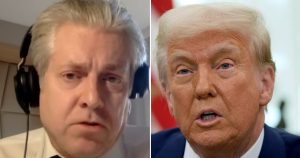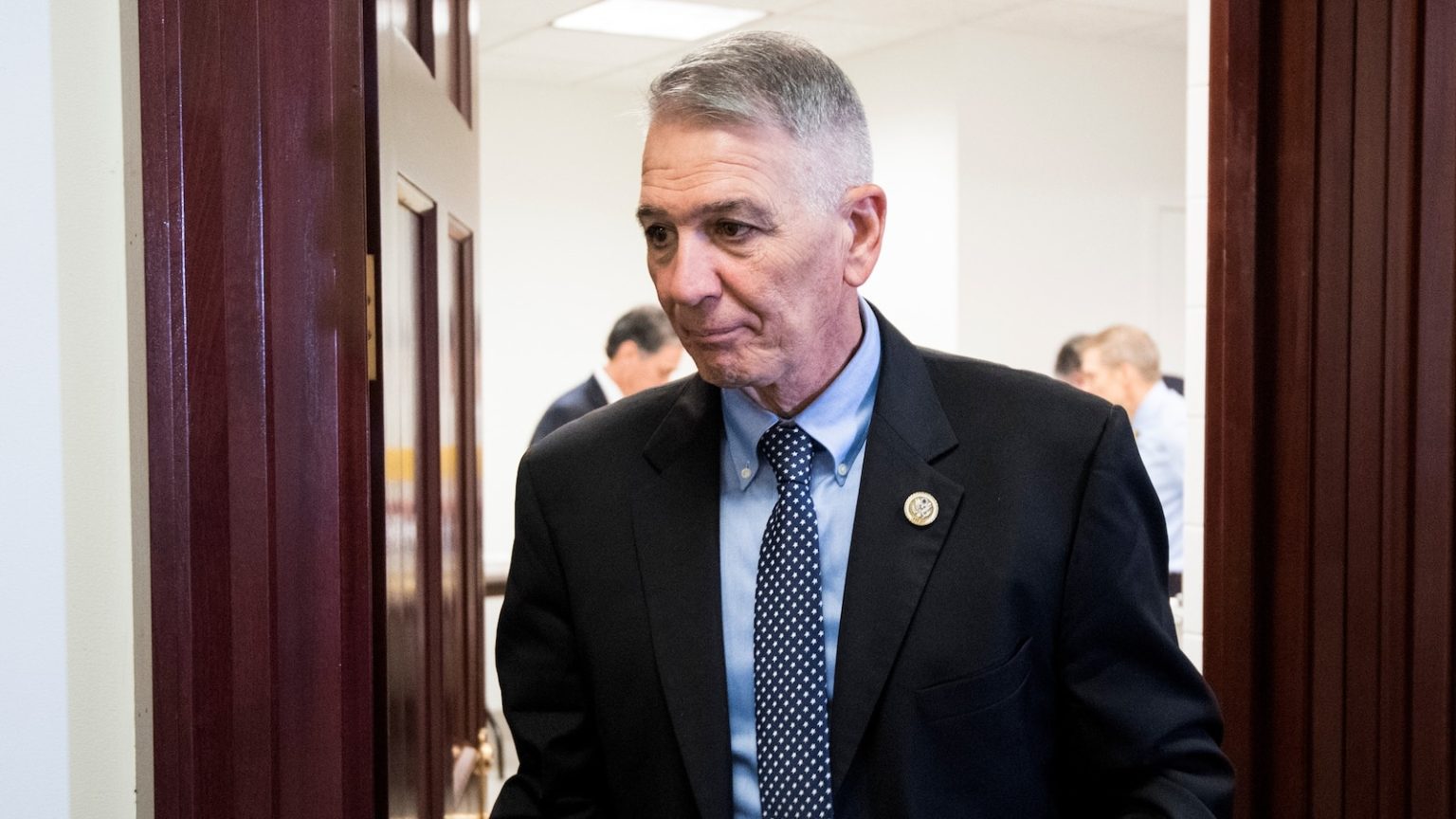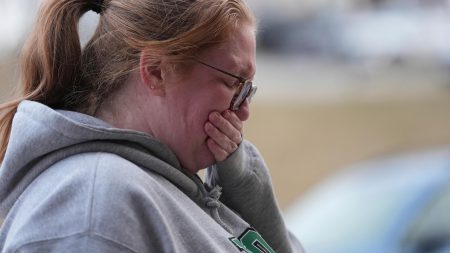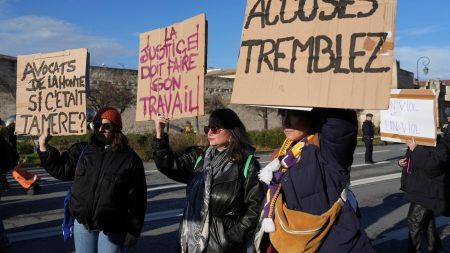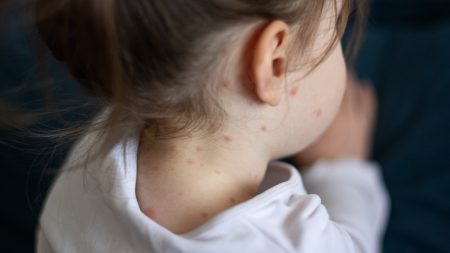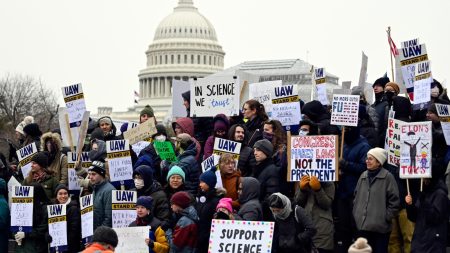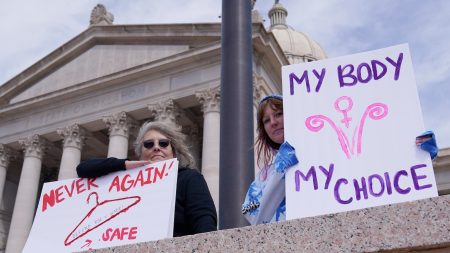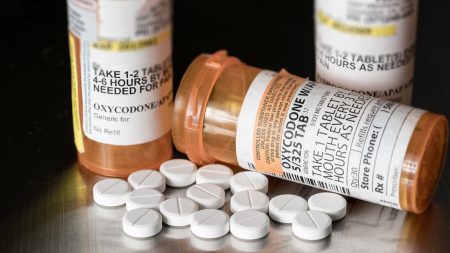Louisiana’s Shift Away from Mass Vaccination Promotion Sparks Controversy and Concern
A Surprising Policy Change
In a move that has left medical professionals and public health experts stunned, Louisiana’s surgeon general, Dr. Ralph Abraham, announced late Thursday that the state health department will no longer promote mass vaccination. This decision, outlined in a memo to staff members, describes vaccines as merely "one tool in a toolbox" for combating severe illness. Abraham emphasized that conversations about specific vaccines should take place between individuals and their healthcare providers, rather than being actively promoted by the state. This sudden shift in policy has raised eyebrows, particularly as it follows the confirmation of Robert F. Kennedy Jr. as the head of the Department of Health & Human Services under President Donald Trump. Kennedy, a well-known advocate of unfounded claims about vaccines—such as the debunked link between vaccines and autism—has long been a controversial figure in the medical community.
Expert Reactions: A Dangerous Step Backward
The decision to halt mass vaccination promotion has been met with fierce criticism from medical experts. Dr. Gregory Poland, a prominent vaccinologist and co-director of the Atria Research Institute, described the move as "anti-science" and called it a critical mistake. Poland, who has dedicated his career to disease prevention, highlighted the overwhelming evidence supporting the effectiveness of mass vaccination programs. He reflected on his own experiences growing up in an era with far fewer vaccines, recalling how preventable diseases like polio and measles caused widespread suffering. "I mean, it’s just shocking to think we would take such a critical public health tool and deconstruct it or invalidate it. I can’t believe it," he told ABC News.
Dr. Paul Offit, director of the Vaccine Education Center at Children’s Hospital of Philadelphia, echoed Poland’s concerns. He warned that ceasing to promote vaccinations could lead to a surge in hospitalizations and deaths, particularly if highly contagious diseases like measles experience a resurgence. Offit questioned the logic of abandoning a proven public health strategy, especially when vulnerable populations—such as those who cannot be vaccinated due to medical reasons—rely on herd immunity for protection. "Do you have any responsibility for the person you sit next to on the bus, or you stand next to on the elevator?" Offit asked rhetorically. "You do, and you benefit, and they benefit" from vaccines.
The Broader Implications of Louisiana’s Policy Change
The decision to stop promoting mass vaccinations appears to reflect a broader shift in priorities, favoring individual freedom over collective responsibility. Offit criticized this approach as "dangerous," noting that vaccines protect not just the individual but the entire community. Herd immunity, achieved when a sufficient percentage of a population is vaccinated, acts as a shield against the spread of diseases. Without it, outbreaks of preventable illnesses could spiral out of control, placing undue strain on an already overwhelmed healthcare system.
Poland further emphasized the potential consequences of this policy, warning that a resurgence of diseases like measles, polio, and diphtheria could overwhelm hospitals. He pointed out that many younger healthcare professionals have never seen these illnesses firsthand, as vaccines have made them rare in recent decades. "Our current crop of physicians, they’ve never seen measles, they’ve never seen rubella, they’ve never seen polio, they’ve never seen diphtheria," Poland said. "I mean, this is going to overload the health care system and lead to inadequate and poor quality of care."
Rebuilding Trust or Eroding Credibility?
In a press release, Dr. Abraham acknowledged the need to rebuild trust in public health institutions, citing "missteps" during the COVID-19 pandemic. He suggested that people have grown skeptical of agencies like the Centers for Disease Control and Prevention (CDC), particularly in regard to vaccination requirements. While Offit agrees that trust in public health institutions is at a low, he argues that abandoning mass vaccination campaigns is not the solution. Instead, it could further erode confidence and embolden anti-vaccine movements. "There are anti-vaccine doctors, who are perfectly willing to say things that are not supported by the science; that’s not surprising," Offit said. "But what’s surprising here is that now you’ve stepped it up a level. You’ve stepped it up to someone who does represent the state’s public health who is now making an anti-public health statement."
Offit stressed that vaccines have been proven time and again to protect not just individuals but entire communities. "When we push for vaccinating all to protect the few who can’t be vaccinated, that that was wrong, and it wasn’t wrong. It was right," he said. By backing away from mass vaccination, Louisiana risks undoing decades of progress in public health and leaving its residents vulnerable to preventable diseases.
Conclusion: A Call to Collective Responsibility
The controversy over Louisiana’s decision to halt mass vaccination promotion highlights a deeper debate about the role of public health policy in society. While individual freedom is an important value, it cannot come at the expense of collective responsibility. Vaccines are not just a personal choice; they are a testament to the power of science and community action. As Dr. Offit so eloquently put it, the decision to forgo vaccination is not just a personal one—it has ripple effects that can harm the most vulnerable among us.
In an era where misinformation spreads quickly and trust in institutions is fragile, public health leaders have a critical role to play in championing evidence-based policies. By abandoning mass vaccination efforts, Louisiana is not only risking the health of its citizens but also contributing to a broader erosion of faith in scientific expertise. The consequences of this decision could be far-reaching, reversing hard-won gains in disease prevention and leaving future generations vulnerable to the same afflictions that once ravaged societies. As the medical community continues to grapple with this sudden shift, one thing is clear: the fight for public health is far from over.


